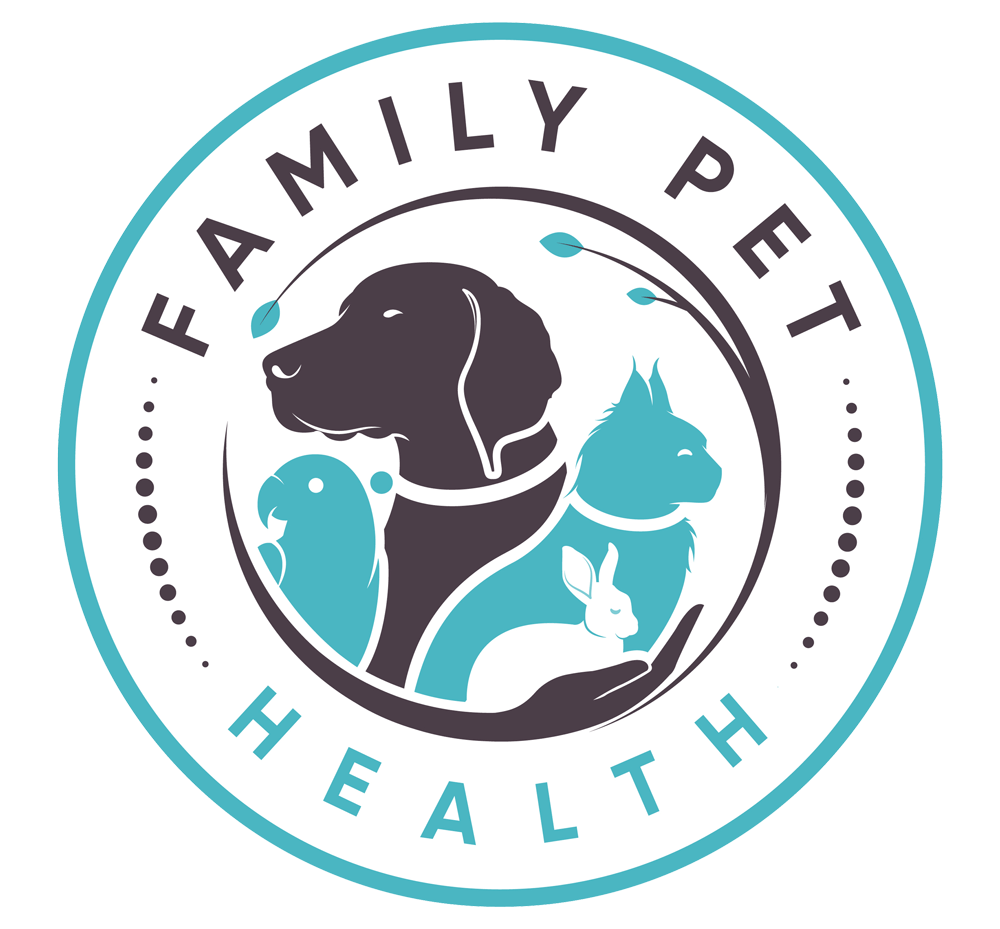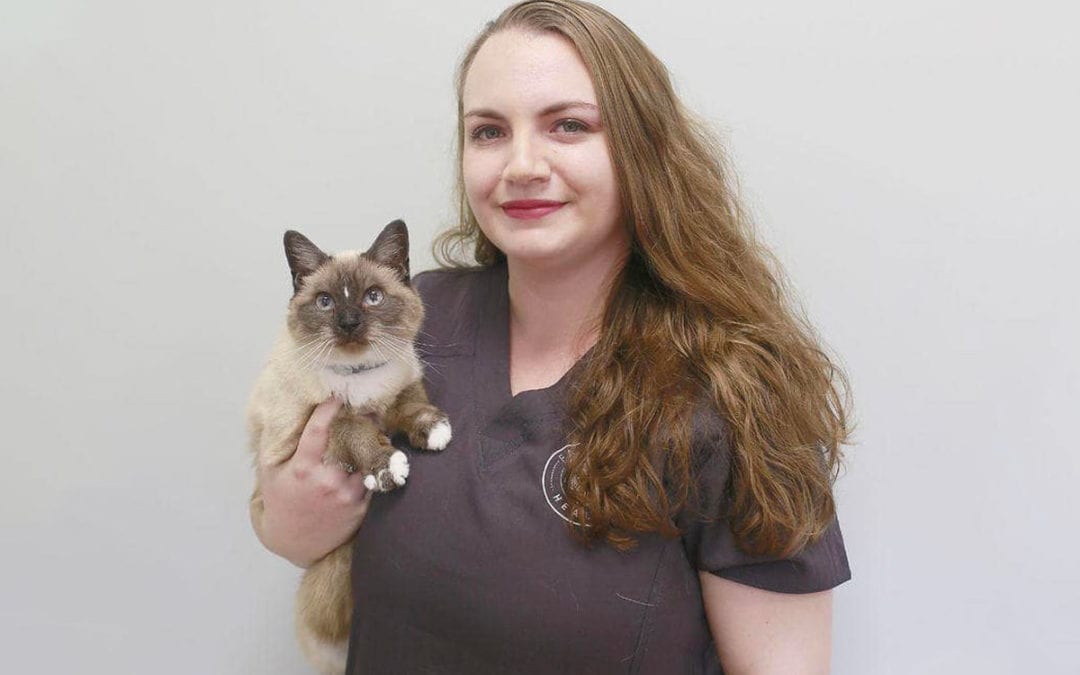My role in the clinic is to support the veterinarians, lead the treatment team and provide excellent care to every patient. These are a few of the tasks I do each day. However, there are many more tasks that go into being an LVMT..
Veterinary medicine is such a complex field with changes occurring every single day. While we don’t diagnose illnesses, prescribe medications or perform surgery, LVMT’s in Tennessee are licensed to do numerous other tasks critical to the practice of veterinary care. I perform many medical tasks such as placing IV and urinary catheters, conducting venipunctures, processing laboratory tests, taking radiographs, performing dental cleanings, inducing and monitoring anesthesia and educating clients. I also lead our treatment team and help train each new team member. Finally, I manage our hospital’s inventory, ensure all laboratory equipment is properly maintained and coordinate patient care.
I graduated high school at the age of 16 filled with confidence that I would be a human nurse. After several years of college and working as a nursing assistant, I decided I needed to change my path to something I might enjoy more. I chose to apply to a veterinary technician program and was accepted into the program at Vol State. I started my journey into veterinary medicine in the fall of 2014. As part of my education, I completed 360 clinical hours with different veterinary practices throughout Middle Tennessee completing skill checklists as well as lecture and lab time in the college. After 2 years in the program, I graduated and passed my VTNE. VTNE is the Veterinary Technician National Examination that all graduates must pass in order to receive their license as an LVMT in Tennessee.
In previous years, the term “vet tech” has been used loosely. A person who is not licensed by the Veterinary Board of Examiners can not legally call themselves a veterinary technician. They are a veterinary assistant. Veterinarians, owners, and assistants themselves have referred to them as techs for many years. Now, the board of directors has issued a strong warning that the LVMT title can only be used for those who possess the license. If found to be calling an assistant a technician, veterinary clinics can face a steep fine.
There are several veterinary groups working on an initiative to change the title from technician to veterinary nurse. This is referred to as the Veterinary Nurse Initiative, or VNI. Depending on the state, licensed technicians can be called numerous different titles that all mean the same license. By changing the title of technician to nurse, we can unite all the titles to one title consistent across all states. We can help educate clients on who is taking care of their pets and what education went behind the nurse drawing your dog’s blood. I believe we should support the education, license and experience that is encompassed in LVMT’s.
Working as a LVMT has been an incredibly rewarding career choice. In general, I enjoy getting to know our clients and their pets. I like helping the human-animal bond. Educating clients on how to best care for their pets and assisting with any issues that arise is a highlight of my job. Ultimately, it is quite fulfilling working to nurse sick animals back to health. Working at Family Pet Health, in a positive, Fear Free environment, has been such a blessing and I look forward to the future.

